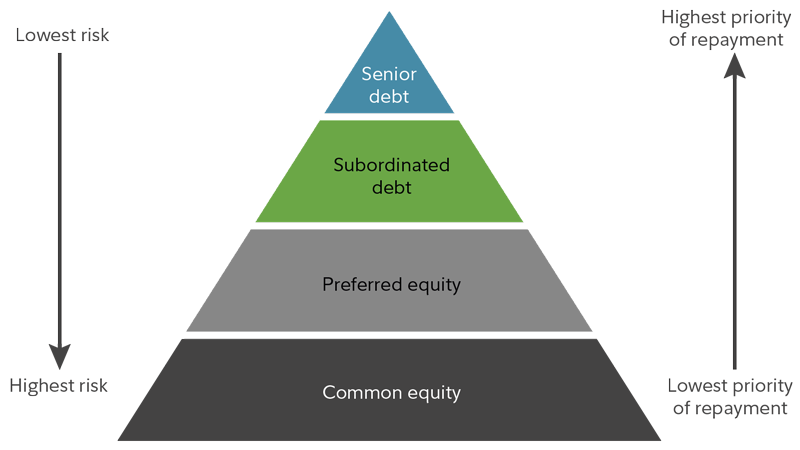https://www.sec.gov/Archives/edgar/data/1833032/000089418923007431/asymmetricliquidationstick.htm497
1 asymmetricliquidationstick.htm 497
Filed Pursuant to Rule 497(e)
Registration Nos. 333-250955; 8
11-23622
ASYMmetric ETFs Trust
ASYMmetric Smart S&P 500 ETF
ASYMmetric Smart Alpha S&P 500 ETF
ASYMmetric Smart Income ETF
October 2, 2023
Supplement to the Summary Prospectuses, Prospectuses and Statements of Additional Information (“SAI”), each dated April 30, 2023, with respect to ASYMmetric Smart S&P 500 ETF, and January 27, 2023, with respect to ASYMmetric Smart Alpha S&P 500 ETF and ASYMmetric Smart Income ETF, each as supplemented and amended.
ASYMmetric ETFs, LLC (“Adviser”), the adviser to ASYMmetric Smart S&P 500 ETF (“ASPY”), ASYMmetric Smart Income ETF (“MORE”) and ASYMmetric Smart Alpha S&P 500 ETF (“ZSPY,” and together with ASPY and MORE, each a “Fund” and collectively the “Funds”), determined that each Fund should be closed. Based upon a recommendation by the Adviser, the Board of Trustees of ASYMmetric ETFs Trust (the “Trust”) has approved a Plan of Liquidation for the Funds under which each Fund will be liquidated on or about October
18, 2023 (the “Liquidation Date”). The Liquidation Date may be changed without notice at the discretion of the officers of the Trust.
Beginning when each Fund commences the liquidation of its portfolio, the Fund will no longer pursue its investment objectives or, with certain exceptions, engage in normal business activities, and each Fund may hold cash and securities that may not be consistent with such Fund’s investment objective and strategy, which may adversely affect Fund performance.
Suspension of Sales and Trading. Effective as of the close of business on October
11, 2023, the Funds will no longer accept orders for the purchase of Creation Units. It is expected that October
11, 2023 will be each Fund’s last full day of trading on NYSE Arca (“NYSE”). Based on this schedule, NYSE is expected to halt trading in shares of each Fund after the market close on October
11, 2023. During the period between market close on October
11, 2023 and the Liquidation Date, because each Fund’s shares will no longer trade on NYSE, there can be no assurance that there will be a market for the purchase or sale of each Fund’s shares.
Liquidation Process. In connection with the liquidation, any shares of the Funds outstanding on the Liquidation Date will be automatically redeemed as of the close of business on the Liquidation Date without the imposition of customary redemption transaction fees. The proceeds of any such redemption will be equal to the net asset value of such shares after the relevant Fund has paid or provided for all of its charges, taxes, expenses and liabilities, including certain operational costs of liquidating and terminating that Fund. The distribution to shareholders of these liquidation proceeds will occur as soon as practicable, and will be made to all of that Fund’s shareholders at the time of the liquidation. Additionally, each Fund must declare and distribute to shareholders any realized capital gains and all net investment income no later than the final liquidation distribution. The Adviser intends to distribute substantially all of each Fund’s net investment income at the time of or prior to the liquidation. All administrative expenses associated with the liquidation and termination of each Fund will be borne by the Adviser.
Other Alternatives. Shareholders of each Fund may sell their shares of the Fund on NYSE until the market close on October
11, 2023, and may incur customary transaction fees from their broker-dealer in connection with such sales. Prior to the Liquidation Date, Authorized Participants may continue to submit orders to each Fund for the purchase and redemption of Creation Units.
U.S. Federal Income Tax Matters. Although the liquidation is not expected to be a taxable event for any Fund, for taxable shareholders the automatic redemption of shares of a Fund on the Liquidation Date will generally be treated as a sale that may result in a gain or loss for federal income tax purposes. Instead of waiting until the Liquidation Date, a shareholder may voluntarily sell his or her shares on NYSE until the market close on October
11, 2023, and Authorized Participants may voluntarily redeem Creation Units prior to the Liquidation Date, to the extent that a shareholder wishes to realize any such gains or losses prior thereto. See “Dividends, Distributions, and Taxes” in each Fund’s Prospectus. Shareholders should consult their tax advisers regarding the tax treatment of the liquidation.
Please retain this Supplement with your Summary Prospectus, Prospectus and SAI.
The date of this Supplement is October 2, 2023.

